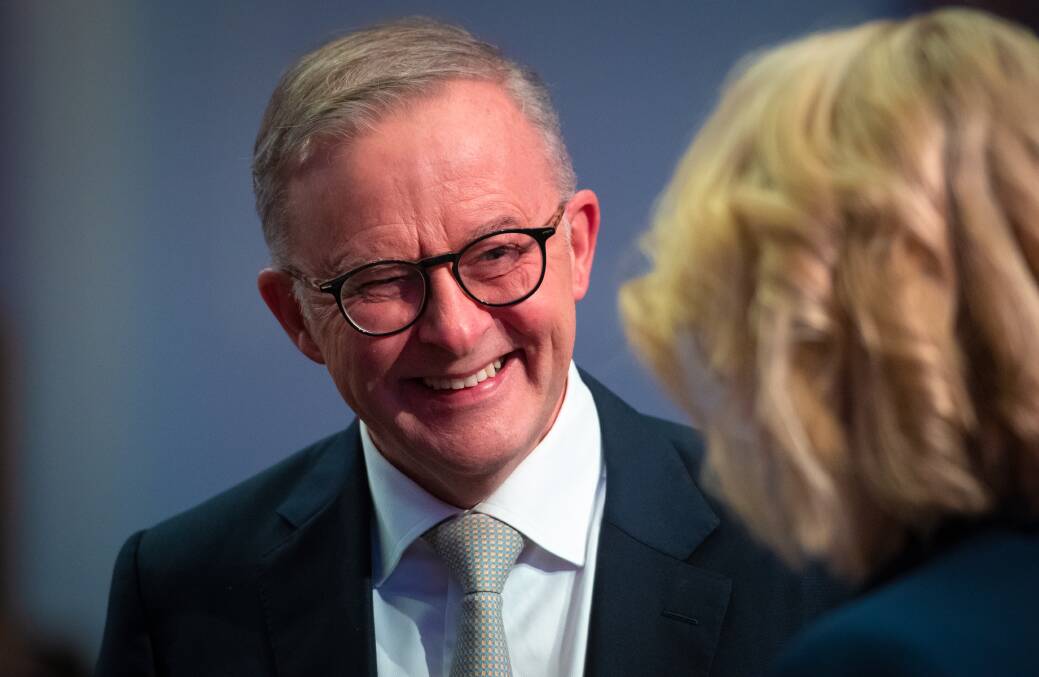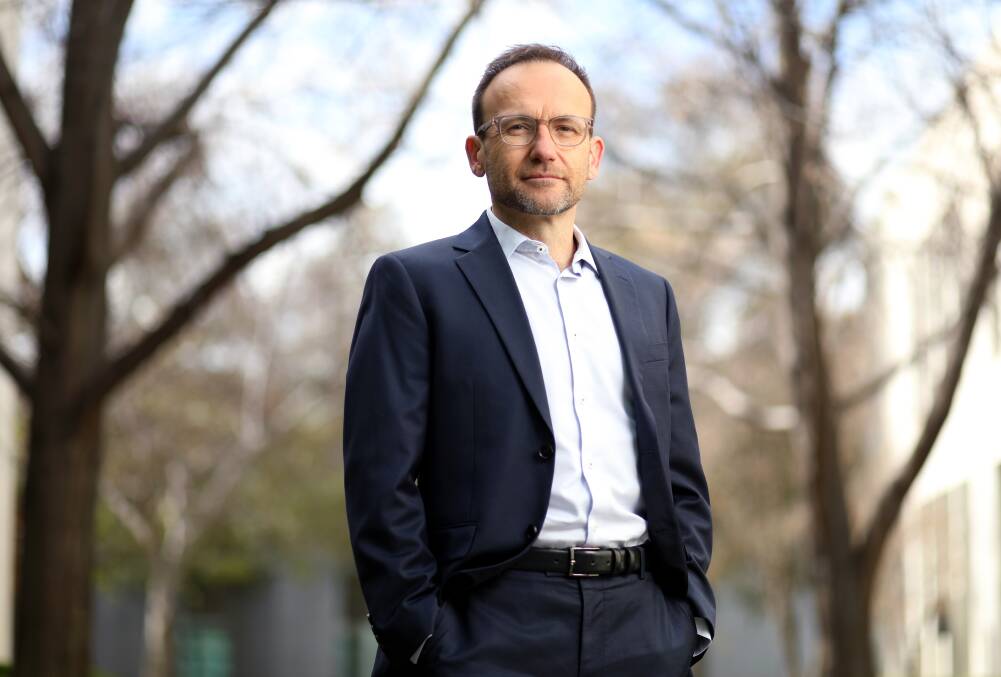
Labor has secured enough votes to pass a plan to make electric vehicles cheaper, after striking a deal with key crossbenchers.
The plan would ease taxes on a host of low-emissions vehicles, and the government claimed it would save employers $9000 and individuals $4700 on a model costing $50,000.
But subsidies for hybrid vehicles, which use a combination of electric power and petrol, are a key sticking point for the Senate crossbenchers Labor needs to pass the bill.
Both the Greens and independent senator for the ACT David Pocock have claimed credit for an agreed compromise, which would see hybrids eased out of the package and the number of zero-emissions government vehicles boosted.
They had argued including hybrids in the bill would be a de facto subsidy for fossil fuels, and counterproductive in fighting global warming.

Treasurer Jim Chalmers said Labor had worked in "good faith" with the crossbench to secure the deal.
"These changes are a win for motorists, a win for businesses and a win for climate action," he said.
"It's disappointing but not surprising that the opposition has chosen to vote against lower taxes for Australians and lower emissions."
Greens leader Adam Bandt on Tuesday revealed the party would back the legislation, after Labor agreed to end subsidies for plug-in hybrids from April 2025.
"By limiting handouts to petrol cars and accelerating support for electric vehicles, the Greens in balance of power have pushed the government to go further and faster on climate," he said.
The bill will be brought to the Senate in a busy final sitting parliamentary fortnight of 2022.
Modelling done for the Greens showed carving hybrids out of the deal would save $1 billion over a decade.
Domestic electric vehicle uptake has been hampered by a tiny second-hand market, limiting supply and driving prices upwards.

Labor has also agreed to use zero-emissions electric vehicles for the Australian government's fleet, declining hybrids except in "exceptional circumstances".
Given government cars are regularly replaced, Mr Bandt said the deal would put downward pressure on electric vehicles over time.
"When these cars are sold second-hand, it will help bring the cost down of EVs for everyday people," he said.
But a spokesperson for Senator Pocock said he had driven the deal by proposing the sunset clause.
The independent thanked the government for "meeting me in the middle" on hybrids, saying the agreement would allow the government to make good on its promise to bolster charging infrastructure.
"More Australians should enjoy the benefits of owning an electric vehicle, including much lower fuel costs, lower maintenance costs and a better driving experience," he said.
"Bold and decisive action is needed to address high EV prices, a lack of supply and insufficient charging infrastructure.
"We shouldn't be using taxpayers' money to fund legacy fossil fuel technologies. The opportunity is to broaden access to clean, efficient technology of the future."
Senator Pocock also said the Australian Taxation Office would provide guidance on where charging infrastructure could also be exempted from the fringe benefit tax.
Australia lags behind other countries on EV uptake. They accounted for just 2 per cent of new car sales in the country, a figure dwarfed by Norway, where they made up 84 per cent.







